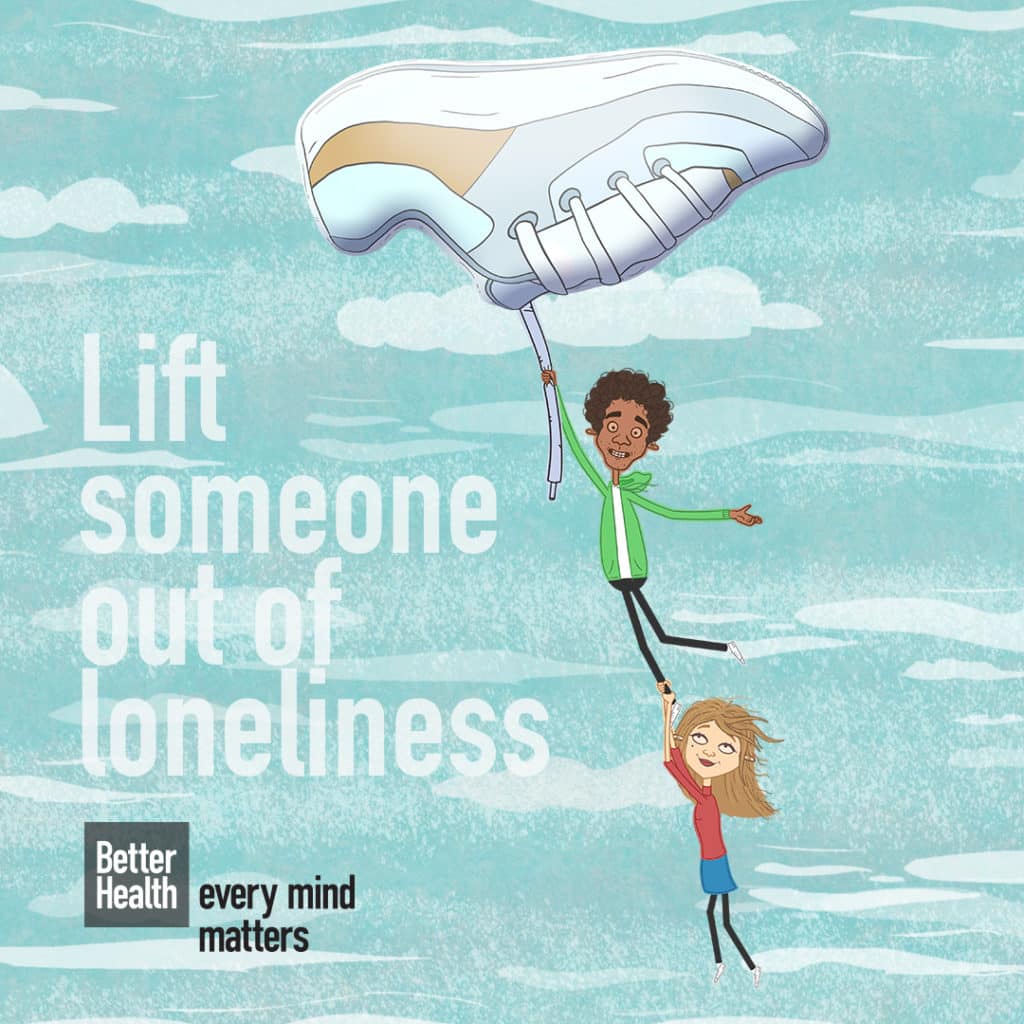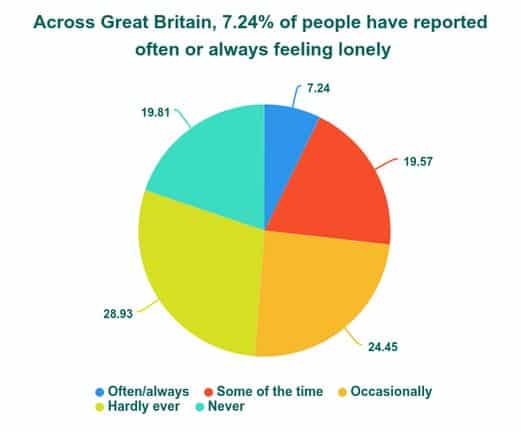We can all be affected by loneliness at different points during our life and being a parent can often make us feel lonely or isolated. Feeling lonely can leave us feeling embarrassed and low but it’s important to remember that feeling lonely is perfectly normal and that there is help out there to help us feel connected to others. A beginners guide to loneliness from the Marmalade Trust or the NHS Better Health Loneliness page. are great places to start.
Are there different types of loneliness?
Yes, according to the Marmalade Trust there are several different types of loneliness, including:
-
Emotional loneliness – When someone you were very close with is no longer there. This could be a partner or a close friend.
-
Social loneliness – When you feel like you’re lacking a wider social network of friends, neighbours or colleagues.
-
Transient loneliness – A feeling that comes and goes.
-
Situational loneliness – Loneliness which you only feel at certain times like Sundays, bank holidays or Christmas.
-
Chronic loneliness – When you feel lonely all or most of the time.
The Marmalade Trust Loneliness Guide
This guide has lots of information on identifying the type of loneliness you may be experiencing and lots of tips to help you including their The Three Step Approach to loneliness and Self Care for Loneliness.
Loneliness as a single parent
Being a single parent can bring lots of additional challenges, limit your ability to socialise like you used to and may leave you feeling unable to connect so well with your current friends and family. The single parent charity Gingerbread can help you ask questions, chat and make friends with their online forum. You can also get expert advice from their Webchat service and Helpline.
LGTBQ+ Communities and loneliness
LGBT Hero says:
“LGBTQ+ people are more likely to be lonely than cis-het people. This loneliness can stem from a variety of factors: we’re more likely to be disconnected from our families, or have problems finding other people like us who we can connect with. LGBTQ+ people are also more likely to face discrimination due to their sexual orientation and/or gender identity, which can lead to feelings of isolation and difficulties getting close to other people.”
They have lots of help to tackle your loneliness:
LGBT HERO’s comprehensive (but not exhaustive!) list of LBT women’s spaces.
LGBT HERO’s forums are a safe and non-judgmental space for queer folks to talk to one another and get support.
You can use LGBT HERO’s FindOut mapping service to find LGBTQ+ social services throughout Greater London.
MeetUp is a useful site for finding all kinds of LGBTQ+ social groups and events.
SEND parents and loneliness
Parenting a child with a special educational need and / or disability thought rewarding can leave you feeling exhausted and isolated. Often friends or family can struggle to understand that you can’t always attend gatherings, parties or activities no matter how much you want to and over time the invites stop coming and friendships can slip away.
One of the best way to try and make new connections with those who understand your situation can be via groups linked to your child’s condition. Many are very active on social media and most have message forums – often in the middle of the night or work day when SEND parents can feel their most lonely. Some have groups where you and your child can meet and make friends that understand.
Autism – SIGNAL Family Support they also have a very active Facebook Group and offer trips, coffee mornings and evening meetings on specific topics such as anxiety.
Scope Forum We are a community connected by disability. Here, you can make friends, share your experiences, get the advice you need, and discuss the issues that matter to you.
Loneliness Support




